T4K3.news
Vivergo closure signals shift in UK clean fuel policy
Hull plant to shut after government rejects rescue funding amid new US trade deal, with knock-on effects on 4,000+ supply chain jobs.
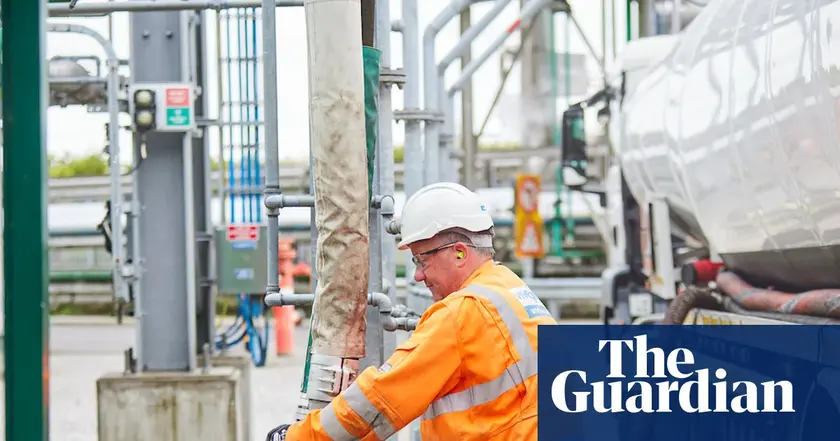
The closure of the Viveros bioethanol plant in Hull follows government refusal to fund a rescue as a new US trade deal reshapes energy policy.
Vivergo closure tests UK clean fuel strategy
The Vivergo plant in Hull will close after ministers refuse to fund an industry rescue, leading to 160 job losses. Redundancies start next week. ABF warned that the US trade deal with Trump creates an existential threat by allowing imported ethanol to compete under a tariff-free quota, undermining domestic profitability. The closure raises questions about the resilience of domestic bioethanol supply and the Humber region economy. The other major UK plant run by Ensus is watching policy moves as farmers and hauliers in the supply chain face uncertainty.
Officials said the decision aims to protect public funds and tackle long term industry problems. ABF and union leaders warn that the move could affect farming communities and the push for cleaner fuels. The government has signaled a priority for jobs in autos, steel and aerospace as part of the national industrial strategy, a choice critics say may overlook green sectors.
Key Takeaways
"It is deeply regrettable that the government has chosen not to support a key national asset"
ABF spokesperson on government decision
"The difficult decision not to offer direct funding as it would not provide value for the taxpayer"
Department for Business and Trade spokesperson on funding stance
"This is a shortsighted decision that totally disregards the benefits the domestic bioethanol sector will bring to jobs and energy security"
Unite union general secretary Sharon Graham
The closure shows how political choices shape energy markets more than tech progress. A domestic clean fuels strategy depends on stable policy and targeted support, not dramatic policy shifts triggered by trade deals. The Humber region risks losing a flagship asset as global demand for low carbon fuels grows. Policymakers must decide whether to prioritize short term budget discipline or long term energy security that relies on homegrown production.
Public faith in green policy could weaken if strategic sectors appear as bargaining chips in politics. The episode also highlights fragility of supply chains linking farming, transport, and manufacturing to the energy transition. If ministers do not back domestic capacity, climate policy risks losing credibility.
Highlights
- Policy must shield regional industry from sudden economic shocks
- A key asset cannot be left to wither on the vine
- Jobs matter more than headlines in trade talk
- Green policy needs steadier footing not quick reversals
Budget and political risk in energy policy decisions
The plant closure follows a government refusal to fund a rescue as a new US trade deal changes the economics of domestic bioethanol. The move could spark public backlash and raise questions from investors about UK support for green industries.
Policy choices now determine whether energy transition stays a national project or becomes a regional loss
Enjoyed this? Let your friends know!
Related News
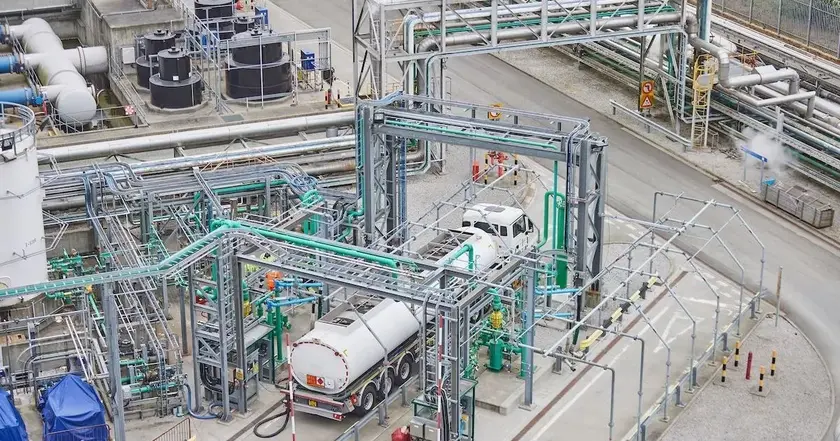
No rescue for Vivergo Fuels
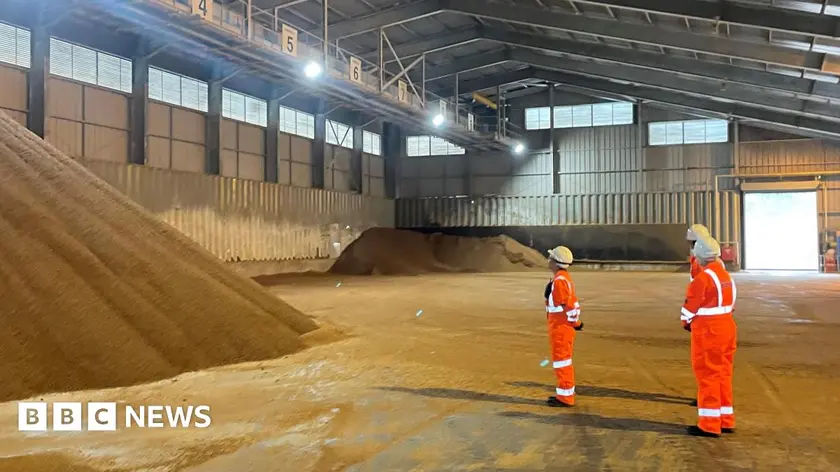
UK bioethanol plants shut down
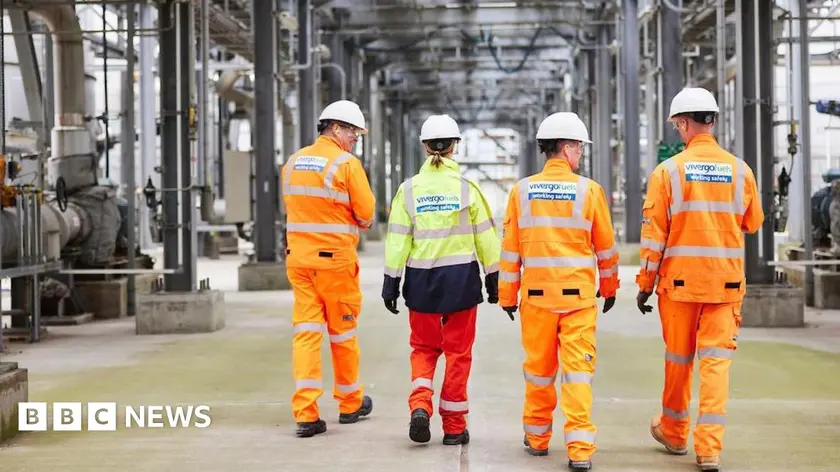
UK bioethanol plants face collapse
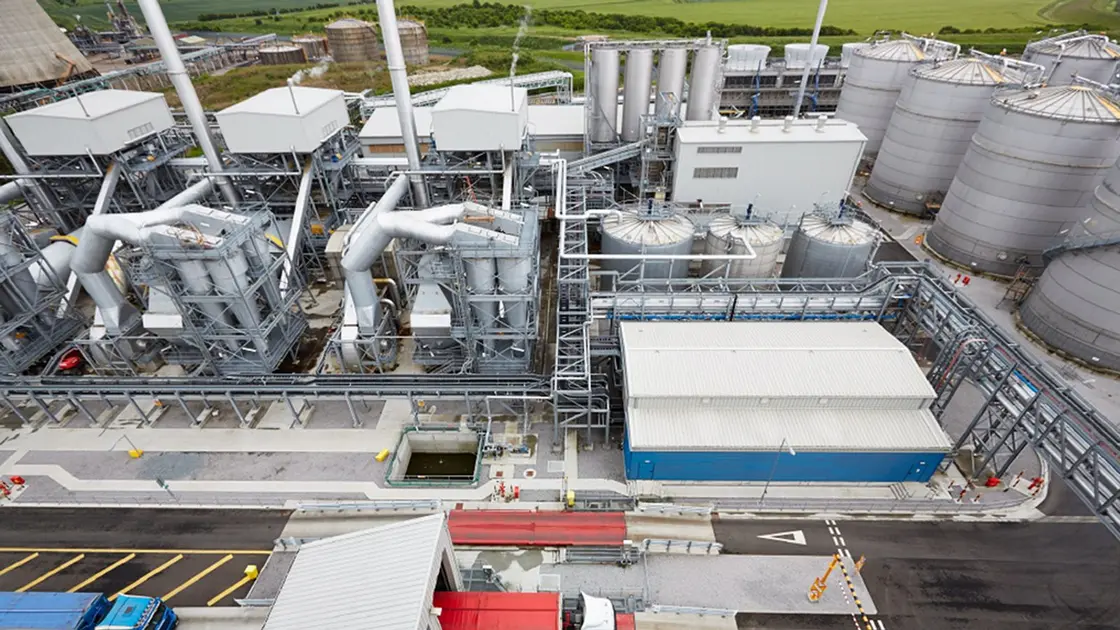
Bioethanol plant to close in Lincolnshire
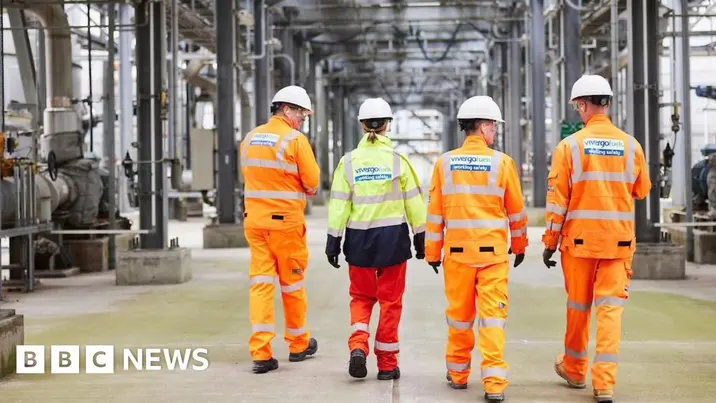
Bioethanol plants face closure

Bioethanol plant closure in Hull

Hull bioethanol plant at risk

Vivergo Fuels at risk of closure due to trade deal
